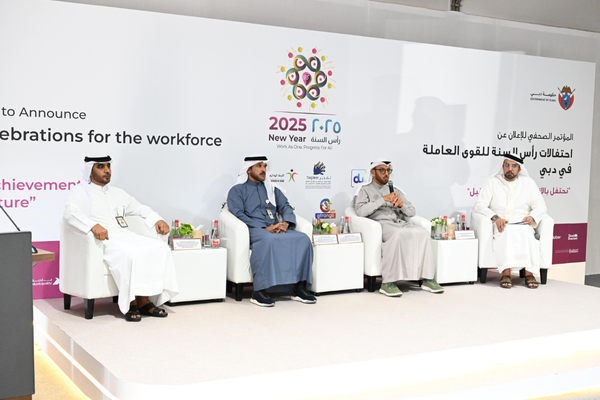The healthcare industry is undergoing a rapid transformation, fueled by advancements in digital technology and the integration of AI tools. In 2025, patient engagement and operational efficiency are expected to evolve significantly, making it imperative for healthcare providers to adapt and maintain a competitive edge in this dynamic sector.
Personalised Patient Engagement
A significant shift lies in the responsible use of patient data to enable tailored marketing and engagement. Traditionally, patient management systems excelled at data storage but fell short in personalisation and automation capabilities. With the introduction of HIPAA-compliant marketing platforms, healthcare providers can now create customised patient journeys while adhering to strict privacy standards.
These platforms support meaningful interactions, such as offering new mothers post-pregnancy care resources, delivering enhanced patient value, and unlocking opportunities for tailored service offerings.
Seamless Digital Experiences
Modern patients expect healthcare services to match the seamlessness of other digital platforms. Features like real-time appointment scheduling, mobile-friendly websites, transparent service details, and secure medical record portals are now essential. Healthcare websites must also be optimised for search engines, as outdated platforms risk lower rankings and reduced patient reach.
Oxygen has observed the rising adoption of omni-channel communication strategies, catering to diverse patient preferences. From WhatsApp reminders to video consultations, patients now demand control over how and when they are contacted. This flexibility boosts engagement and ensures accessibility, regardless of language or technical literacy.
Reputation and Service Quality
Reputation management is increasingly vital, with automated systems streamlining feedback collection and testimonials. Immediate post-visit engagement allows practices to address concerns swiftly and encourage positive reviews. These systems also simplify monitoring online reviews and analysing trends, enabling practices to uphold their reputation while enhancing service quality.
Digital referral programs are also evolving, leveraging loyalty programs, reward structures, and gamification features like health challenges. These tools deepen patient engagement and incentivise referrals, driving measurable growth.
AI-Powered Innovations
AI tools are revolutionising content creation by enabling the production of professional imagery and videos efficiently. These tools save time, ensure brand consistency, and remain compliant with medical regulations.
Content strategies are shifting to cater to a more informed audience, with AI assisting in the creation of detailed articles, condition-specific resources, and visually engaging materials. Delivering medically verified information in patient-friendly formats across multiple channels underscores the importance of these advancements.
However, healthcare providers must balance digital innovation with the human touch that defines quality care. Thoughtfully selecting technology partners and integrating these tools can enhance patient experiences and operational efficiency. By embracing these trends now, medical practices can position themselves for sustained success in a rapidly evolving industry.
News Source: Shakespeare Communications









